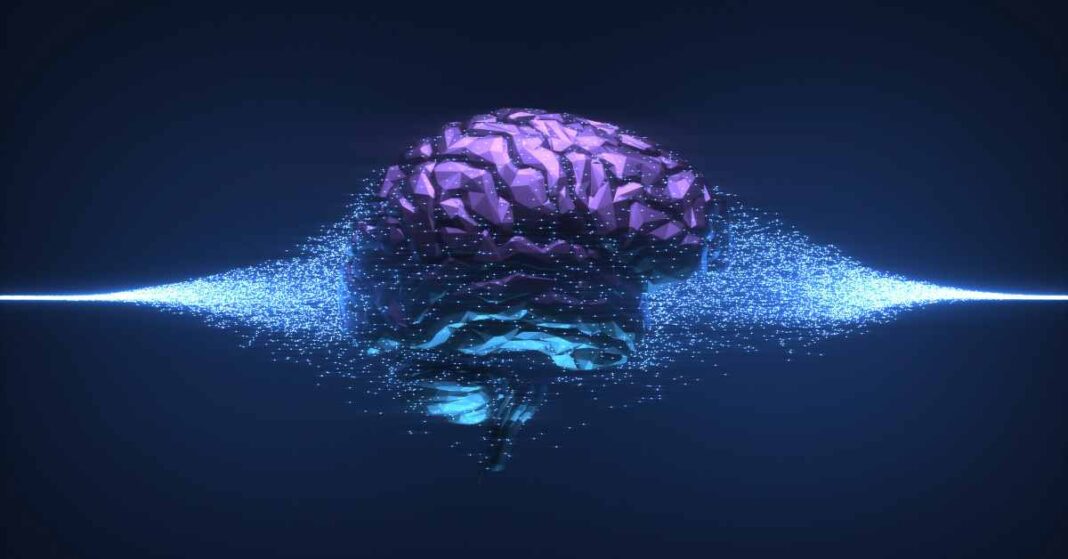Artificial intelligence (AI) has become a hot technology. Everyone has heard of it, although they still need to understand what it consists of fully. Sometimes it is presented as a magical solution to many problems, while in others, it is portrayed as an apocalyptic threat.
Javier G. Algarra, academic director of the Engineering and Sciences area at the U-tad University Center, analyzes and dismantles the six most widespread myths about the operation and capacity of this technology.
Artificial intelligence makes machines think, learn and act like humans
It’s not like that. Artificial intelligence was coined in 1956 to refer to the science of building computers, especially doing calculations. Its meaning has changed over time and with the evolution of technology, but the way a microprocessor works is very different from that of our brain.
It is not a mimetic reproduction of our reasoning, creativity, or affective capacity, and we are still a long way from being able to emulate them. However, some applications can show human behavior.
AI works for almost everything
Although its applications are multiple, AI has been successful in a few fields, but it is not universal. We all remember when in 1997, a machine defeated the world chess champion with a brute force option analysis application.
It works extraordinarily well to recognize images, which is the basis of the artificial vision of an autonomous car or automated medical diagnostic systems.
It is also useful for other recognition tasks, such as sounds. In recent years, tremendous progress has been made in automatic language translation. However, it still lacks creativity. You can generate realistic synthetic images, imitate the way of painting of the great masters, or even write seemingly perfect press articles.
AI can be sexist, racist, and insensitive
AI applications produce undesired results if they have been trained with partial data. For example, if we train a network to recognize images of dogs and then present it with a picture of a chocolate chip cupcake, it can indicate that it is a Chihuahua, as was the case in a very famous example.
This funny anecdote can turn into a nightmare if it is used to recognize people in search and capture. The examples show a much higher percentage of racial or physiognomic-type images than in the general population. AI needs a moral conscience but must apply it with criteria and evaluate each specific user’s risks.
Artificial intelligence uses artificial neurons to learn, and it is what is known as deep learning
Metaphors help communicate complex technical realities, but they can be misleading if taken literally. In 2022 “artificial intelligence” in any non-specialized press news is equivalent to an application based on neural networks, another metaphor. We are talking about a combination of simple mathematical functions loosely inspired by the electrical behavior of a neuron, which, back in the 50s, its inventor called “perceptrons.”
When we read that “an AI does this,” it should say that ‘the multitude of connections of an array of affine comparators with predefined activation functions have been configured by gradient descent to minimize the global error function.’ No one understands this, and it is much more attractive to say that he has “learned.” Regarding the depth of learning.
AI is going to do away with all repetitive jobs
This statement is true to a large extent, not because of its “intelligent” nature but because of the novelty of its operation, like many other technologies.
Machines replaced animal power at the beginning of the industrial revolution. The automobile swept away blacksmiths, horse breeders, and post houses, but in return, it created a new industry. AI will end jobs with low creativity, but in return, it will make others appear in which more skilled personnel are needed.
Intelligent machines will inevitably end up dominating the world
This dystopian vision has its origins in science fiction. In 2001 the HAL 9000 computer rebelled against the crew. In Terminator, robots took control of the planet after the supercomputer Skynet unleashed a nuclear war. The reality is that human beings do not need the help of machines to destroy our common home, as we demonstrate daily.
The AI will not kill us of its own free will since it has not. If you love these killer robot stories like us, it’s time to remember that they made the 1984 terminator movie forty years later. Nothing is missing to prove it.
Also Read: Usage of Artificial Intelligence in eCommerce to Increase Sales














